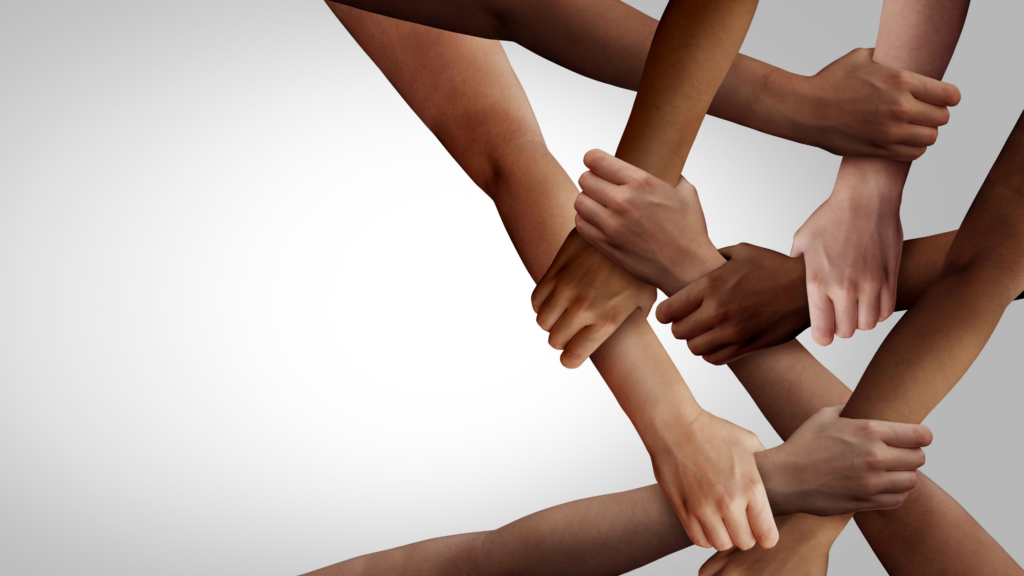When my mother fled Iran before the Islamic Revolution that started in 1978 and met my American father in Canada, she was adamant about hiding her identity. I remember from an early age how she told me not to let anyone know her side of our family was from Iran, or that we had Persian, Iranian or Middle Eastern roots.
In fact, she said, “I’m going to teach you how to speak French, and you tell people that you’re from France.” She had the best of intentions in suggesting that I had to be something that I’m not in order to be liked, though over time I saw tremendous value in embracing those hidden family roots. At one point in my youth after viewing a few edgy movies about the mafia, I decided to tell people that I was from Italy.
Then I dated a woman in college who was fascinated by our Norouz celebration, also known as the Persian New Year, and enjoyed some food that my family was cooking. She thought it was exotic and attractive, so being French or Italian lost its luster. At that moment, I thought being unique was a good thing and not something that I should be hiding, and it opened my eyes to the importance of diversity.
In my business, I’m always supportive of employees celebrating where they’re from and embracing their cultural background as part of a more flavorful environment. Diversity enables our office to draw upon from so many different types of inputs and viewing one another as part of a larger unit.
Related Articles:
Applying Burning Man principals to corporate leadership
Leading without authority allows for nimble management
